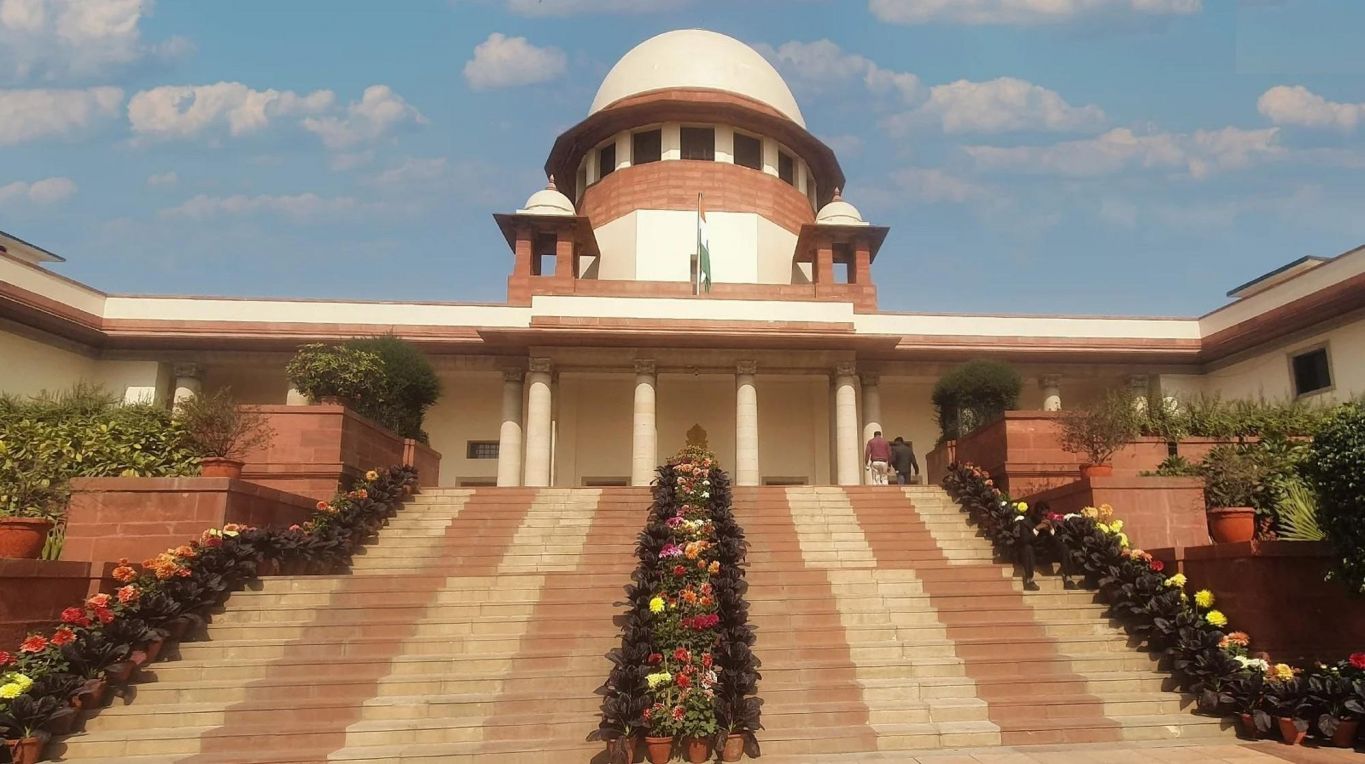Wondering How to Master the Advocate-on-Record Exam? Find Your Answers Here!
- I have a practice in the High Court and other forums. I feel like an outsider when I go to the Supreme Court with a matter.
- I think Supreme Court practice requires some superior degree of knowledge and acumen and it is not my cup of tea.
- I look forward to practising in the Supreme Court someday. But I do not know how to do it.
- I practice in another city. I do not know how to start practising in the Supreme Court. I think only Delhi based advocates can do it.
- I am getting a few matters in the Supreme Court, but how do I grow this work further?
- What would it take for me to become an Advocate-on-Record? Do I have to go to Delhi and start figuring this out from scratch?
- How can I prepare for the advocate-on-record exam?
- Am I too old or too young to start practising in the Supreme Court and/or taking the advocate-on-record exam?
- I have clients who have matters in the Supreme Court. I want to clear the advocate-on-record exam so that I can file cases for them.
- I want to step up and build my credibility as a top lawyer in my city and be able to argue state matters before the Supreme Court. I think being an Advocate on Record will help me in standing out in the city.
If these questions come to your mind or resonate with you, you are at the right place.
We have solutions to all these questions. This is India’s one and only course where we train lawyers to develop a Supreme Court practice and also prepare them for the Advocate on Record examination.
You may be a junior advocate wanting to set up a practice in the Supreme Court, or you might be aiming to become an Advocate on Record, or you might be gunning to become a Senior Advocate, practising in the Supreme Court, at some point in your life.
You may be an outstation counsel who gets matters in the Supreme Court.
The Supreme Court has space for all of the above.
You have a skillset that is unique to you: maybe you draft well, or maybe you are excellent at argumentation before the court, or you simply know the skill of networking and engaging the best counsel to do the job for you, or you maybe an allrounder!
We have designed a course that gives you an opportunity to develop your own USP with the help of meticulously designed exercises so that you can find your space in this universe.
Our course will provide you a holistic insight into the Supreme Court practice and train you using a hands-on approach that emulates the training you would otherwise have to receive in a senior’s chamber by apprenticing for years.
In this course we will hone your research, drafting, and arguing skills specifically for Supreme Court practice. Beside that, we will also guide you on how to deal with day-to-day practical challenges you will face, and how to grow your practice and profile.
It is important to note that this course exhaustively covers all the four papers of the Advocate-on-Record examination and will provide you with all possible templates and practice sessions with feedback to help you crack the examination.
You will have weekly mocks, practice tests, and answer solving sessions.
The best part about our course is that you learn it from those who have not only cleared the examination but aced it before you.
Those appearing for the Advocate-on-Record examination in 2023 can also apply and benefit from this course.
Three out of four of our students have achieved success in the Advocate on Record Exam

“By the grace of almighty God I have cleared the exams. I thank all the faculty, the management and all friends here for their good wishes and support. A Big Thank you everyone.”
 Prashant Jain Mr. Prashant Jain has bagged the 10th position out of 253 examinees who have passed the examination.
Prashant Jain Mr. Prashant Jain has bagged the 10th position out of 253 examinees who have passed the examination.

“Thank you law Sikho team, especially shout out to the course anchors for helping me out.”
 Ritika G Ritika G has also successfully cleared the exam
Ritika G Ritika G has also successfully cleared the exam

“I am so glad that I have joined Lawsikho for all the guides, especially friends in this group who shared materials and thoughts making the environment really good for the exam. I would like to give credit to Lawsikho and all my friends in this group who are instrumental in my performance so far.”
 JC Lalnunsanga Mr. JC Lalnunsanga has successfully cleared three out of four papers.
JC Lalnunsanga Mr. JC Lalnunsanga has successfully cleared three out of four papers.
Specific Learning Objectives
How to read and analyse an impugned order/judgement
- Learn to identify the operative part of an order/judgement
- Learn to scan through an Impugned Order/judgement toidentify grounds on which an appeal is to be preferred.
- Learn to identify and distinguish questions of law from questions of facts.
- Learn to identify the research points quickly and to ensure it is exhaustive in nature.
- Understand the factors that determine how you approach a legal issue and where you begin your research.
- Explore various research tools and identify methods to perform quick and effective research
- Learn and practice dealing with upsets and dead ends successfully during research.
- Learn to identify relevant key-words and legal propositions while researching on different online/offline legal databases
- Learn to create a research database that you can use at later points for cases of similar nature.
What to cite? How much to cite?
- Learn to differentiate between ratio decidendi and obiter dicta while reading a judgement and cite settled position of law accordingly.
- Learn methods to speed read a judgement
- Learn to examine the relevance of a judgement, whether wholly or in parts, connecting with or distinguishing from the facts of the present case.
- Develop an understanding of the various stages of litigation leading to the passing of the Impugned Order / Judgement.
- Learn to cull out the 'settled law' relating to an issue and express it effectively in a petition or before a judge so that even when you paraphrase what you have read, the meaning is not lost
- Learn to use/refer a part of a judgement in the pleadings in a manner that would have the maximum impact, know which part of a judgement to quote, decide on whether to quote or not
- Learn to understand contextual interpretations of judgments delivered by the Supreme Court to avoid using judgments out of context.
- Learn the difference between binding and persuasive judgements
Devising different strategies for different kinds of petitions
- Learn to draft various petitions, appeals, suit,applications, and affidavits of various nature filed before the Supreme Court using hands-on approach
- Hone drafting skills keeping in mind the following aspects:
- Maintainability
- Making the ingredients evident in the course of narrating the facts and stating the grounds
- Understanding what would constitute material facts for a petition or appeal before the Supreme Court
- Appreciating the possibility of experimenting with ideas and language
What to plead? How to plead?
- Identifying core questions of law to be set out before the Court
- Devising strategies and preparing a set of grounds that work and those that can be made to work
- How to plead facts and circumstances
- Understand the facts and circumstances under which cases get decided in favour so that you may remember to plead them when they apply to you
- Learn brevity in legal drafting.
- Learn to use judicial interpretation of statutes to formulate your pleadings and contentions for a favourable order
How to prepare for hearings
- Is the way we argue before the Supreme Court any different from other courts? Questions of law vis-a-vis questions of fact
- Learn how to brief a Senior Advocate throughroleplay simulation exercises
- Learn to prepare notes/list of dates for a Senior Advocate or for the purpose of briefing and arguing cases
- Learn how to draft list of dates and events for final hearings
- Learn to differentiate the requirements and prepare for arguments keeping in mind the stage (notice/post-notice/final disposal) and nature (miscellaneous/regular) of hearing
- Understand the factors that determine the content of oral arguments and how much to emphasise on a point. How do you decide at different stages? Again, we’ll do enough simulation exercises for you to get it
- Understand when to stop and why and how to come back to a point at a later stage, if need be
- Learn how to requisition books and journals for hearing
- Learn to use storytelling as a skill during arguments
- Learn how to prepare for an admission hearing stage for issuance of notice, and how it is different from regular hearings
How to prepare for the Advocate on Record Examination
- Understand and familiarise with the practice and procedure followed by the Supreme Court
- Understand the nuances of how powers of Supreme Court are derived and used from Constitutional provisions and through judicial interpretations
- Learn how to analyze the leading cases and remember the operative parts from an examination point of view
- Learn how to attempt the paper on professional ethics without personal bias and moral standing
- Learn how to approach and answer the paper on drafting by practice
- Practice time management in a handwritten exam
- Learn how to successfully choose the questions during the exam that are prone to fetch better marks
Areas in which we will help you to develop knowledge and skills
For Supreme Court Practice
- Applicability of various jurisdictions
- Research
- Drafting petitions persuasively
- Preparing for arguments
- Briefing a Senior
- Arguing effectively
- Court craft
- Practice & Procedure
- Functioning of Registry
- Client and case management
- Professional conduct, etiquettes & soft skills for Supreme Court lawyers
- Practice development
For the Advocates on Record Examination
- Trends analysis of Past Year Paper
- Answer Writing Skills
- Time Management
- How to approach Professional Ethics Paper
- How to approach Leading Cases Paper
- How to approach Practice and Procedure of Paper
- How to approach the Drafting Paper
- How to draw connection between various papers
- How to draw connection between leading cases and practice and procedure paper
Here are some of our faculty members
Swarnendu Chatterjee
Advocate-on-Record, Supreme Court of India B.A.LLB(Hons)-KIIT University, Odisha Practicing as an Advocate since the last decade and having immense experience in the fields of Civil & Criminal Law, Constitutional Law, Dispute Resolution including Arbitration, Insolvency & Bankruptcy, Matrimonial Matters, SARFAESI and White Collar Crimes.
Deepali Suri
An experienced litigator with 5+ years of practice, she has represented CRPF, BSF, and the MoUD in the Delhi High Court, and clients like SBI, ASI, ONGC, and GAIL in top courts.
Shreya Sharma
Legal professional with 8+ yrs’ experience in Civil, Consumer, Arbitration, Matrimonial, Benami, Customs & Environmental laws. Ex-Consultant, MoEFCC; Ex-Researcher to Justice R.K. Agarwal.
Prateek Mishra
Advocate-on-Record, Supreme Court of India BA LLB(Hons) from NLU, Delhi & LLM from Queen Mary University, London An experienced advocate, practicing since the last decade in the fields of judicial review litigation, commercial litigation, consumer disputes and arbitration. He has led representation and advisory for clients in high-stakes complex corporate and commercial disputes.
Note:
This is an indicative list of our guest faculty members and not an exhaustive list. We may change the faculty members at any point based on availability.
Course Plan
Above prices are inclusive of all applicable taxes and charges.
 Standard
Standard
RS. 75000
incl. of all charges
View details
2 practical exercises/ Drafting exercises per week
Article writing assignments (on request)
1 online live class/week
Get digital access to entire study material
Hardcopy study materials- available on additional charges.
Access on LMS, Android & iOS app
Instructor feedback on assignments
Unlimited doubt clearing sessions.
Instructor led course with online live classes
Online exams (give exams as per your convenience on given time slots)
Certificate (by courier)
CV enhancement
Coaching for professional networking
Internship & Job Support
Interview preparation support
Content access for 3 years
Top performers are recommended for jobs and client opportunities (as applicable)





 Share
Share
 +91 80474 86192
+91 80474 86192 


 Learn from 3000 Rs/Month
Learn from 3000 Rs/Month  Get course syllabus
Get course syllabus






















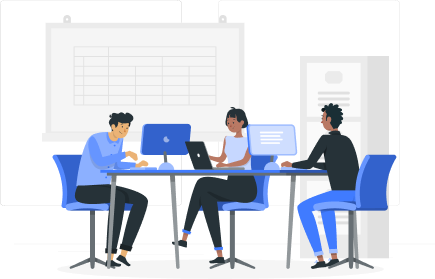








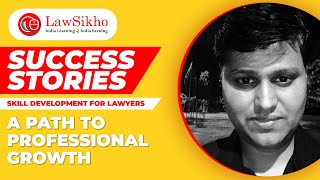


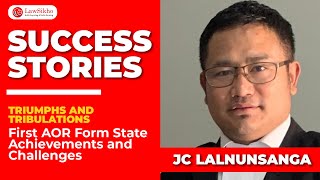
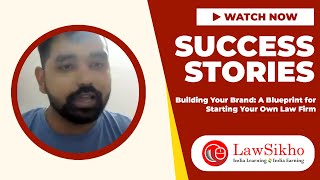




































 ADDICTIVE LEARNING TECHNOLOGY LIMITED
ADDICTIVE LEARNING TECHNOLOGY LIMITED